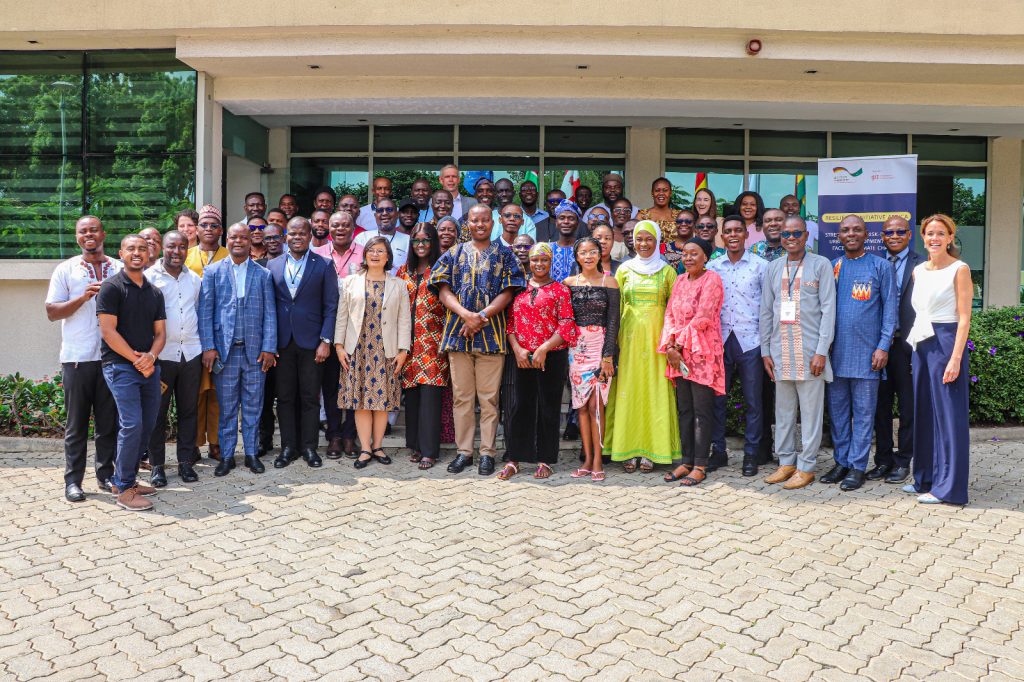In a bold move to address the growing threats of climate change, rapid urbanisation, and disaster risk, cities across West Africa are coming together under a new initiative aimed at strengthening urban resilience.
The Resilience Initiative Africa (RIA), implemented by GIZ on behalf of Germany’s Federal Ministry for Economic Cooperation and Development (BMZ), has launched a Workshop Series on Risk-Informed Urban Development targeting cities within the ECOWAS region.
The programme is part of the broader Africa Urban Resilience Programme (AURP), developed by the African Union Commission with support from the UNDP Sahel Resilience Project and Sweden.
In partnership with Connective Cities and supported by the German Association of Cities, this workshop series brings together municipal officials, civil society, and the private sector to develop innovative and inclusive strategies to manage urban disaster risks.
The three-part workshop series kicked off with its first session in Lomé, Togo (March 18–20, 2025), introducing key concepts of risk-informed urban development, participatory planning, and integrated approaches to climate adaptation and mitigation. Participants also engaged in peer-to-peer idea mapping and interactive role-play exercises to simulate disaster response scenarios.
The second workshop which took place in Accra, Ghana (July 2–7, 2025) focused on participatory risk analysis, financial planning for resilience, and in-depth case study reviews from African and European cities.
Between workshops, cities will receive tailored expert support to refine their project proposals and gain exposure to successful resilience strategies through a series of virtual “Insight Sessions.”
By fostering collaboration between African and European cities, and empowering local actors including residents of informal settlements, youth and women’s groups this initiative hopes to unlock practical, bankable solutions to some of West Africa’s most pressing urban challenges.
Speaking to Joy Business, Head of the Resilience Initiative Africa (RIA), Ria Hidajat, urged ECOWAS member states to step up their commitment to urban resilience efforts, emphasising the need for greater collaboration and investment.
“To build truly resilient cities, we need stronger ownership and support from member countries,” said Ria Hidajat. “This is not just a technical issue, it’s about political will, inclusive planning, and long-term investment in our urban future”, Ria Hidajat said.
“Cities are on the frontlines of climate and disaster risk. Through this initiative, we are equipping local governments and communities with the knowledge, tools, and networks needed to build a more resilient urban future”, he added.
With climate threats intensifying, this regional effort is a timely and strategic step toward sustainable and inclusive urban development in West Africa
DISCLAIMER: The Views, Comments, Opinions, Contributions and Statements made by Readers and Contributors on this platform do not necessarily represent the views or policy of Multimedia Group Limited.
DISCLAIMER: The Views, Comments, Opinions, Contributions and Statements made by Readers and Contributors on this platform do not necessarily represent the views or policy of Multimedia Group Limited.


